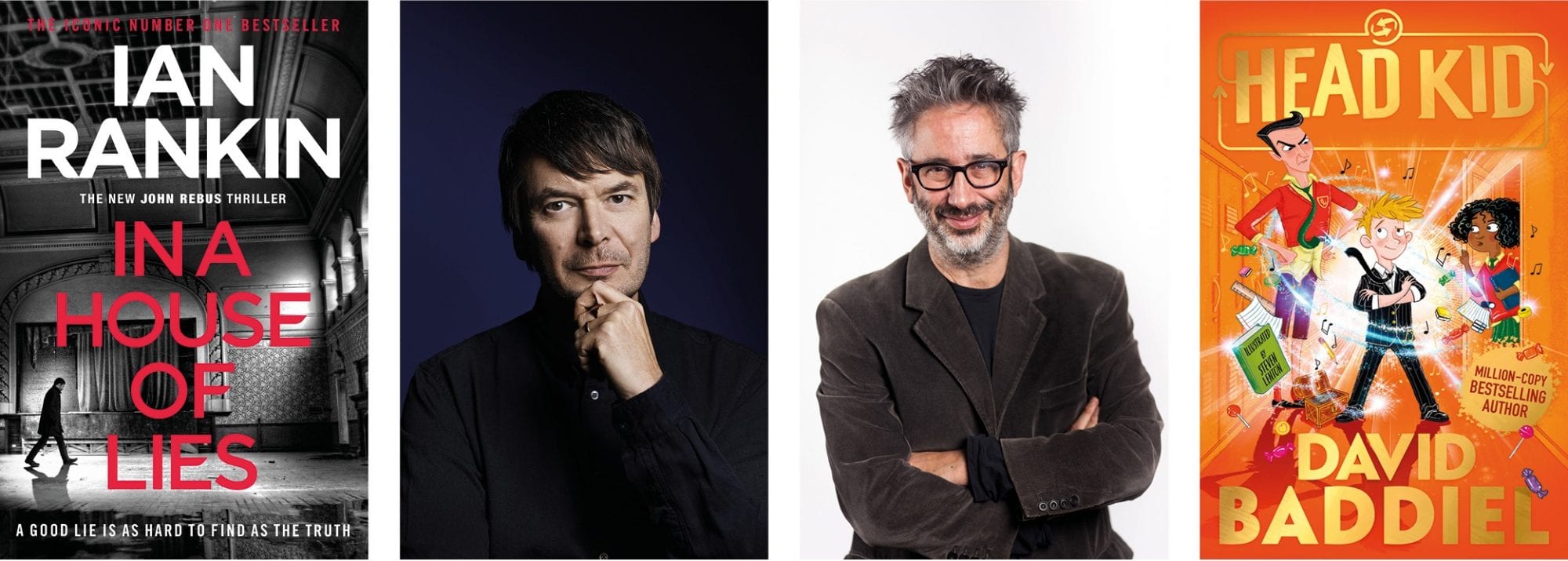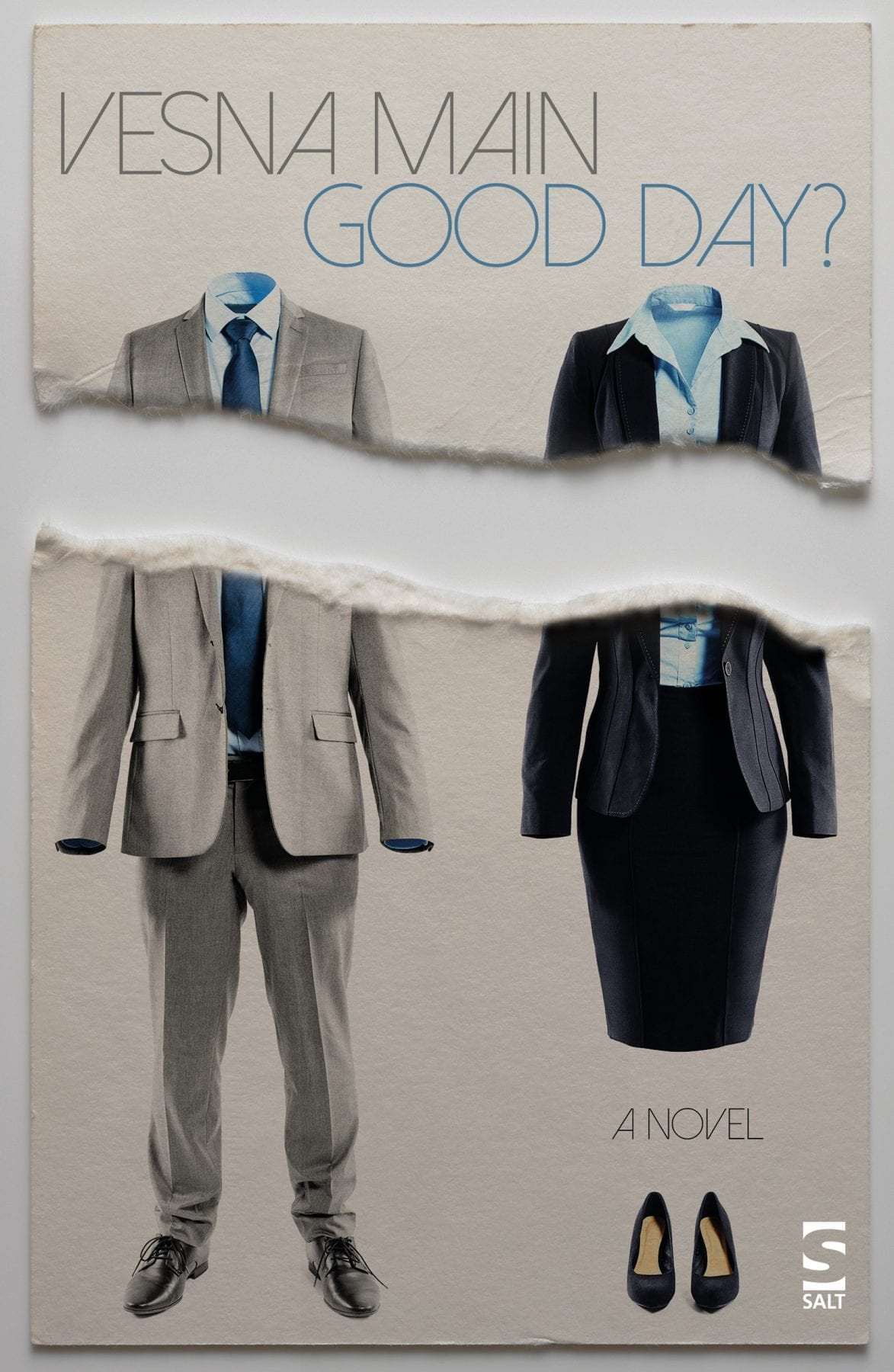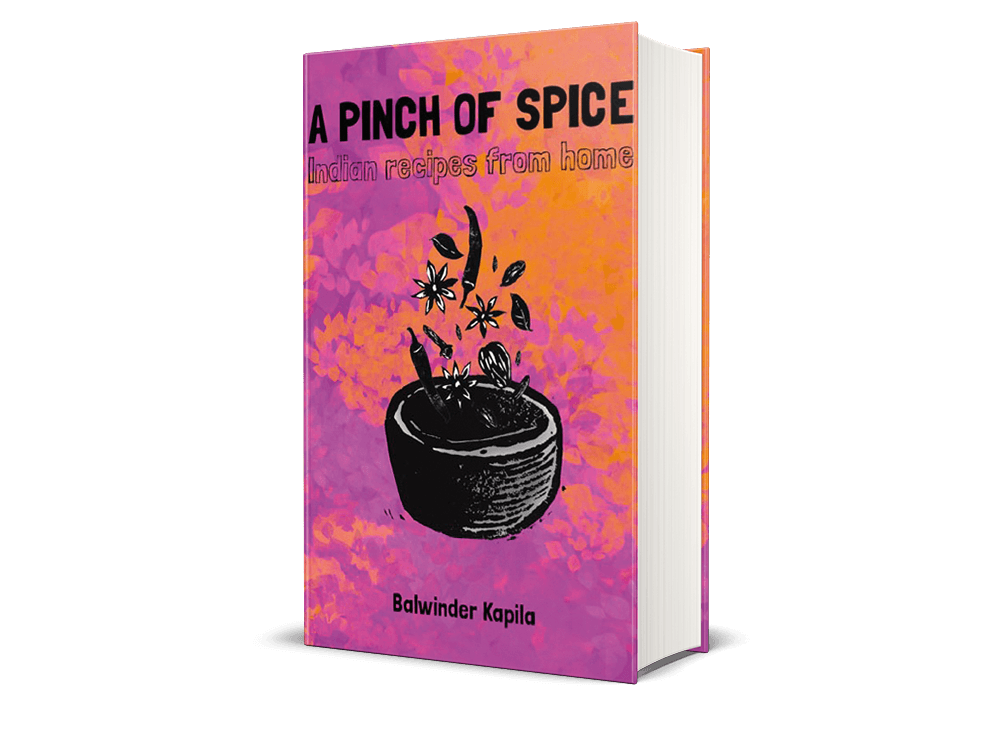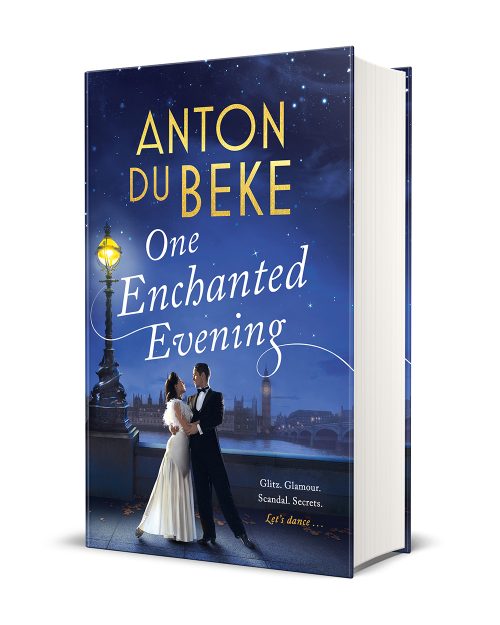Our countryside & its wildlife is at risk. We encourage you to join the campaign to save our endangered hedgerows and share an exclusive extract from John Craven’s new book.
The hedgerows that criss-cross our countryside are not only an iconic sight, but a vital habitat and corridor for many of our native species. However, they are becoming increasingly fragmented which is threatening the wildlife that depends on them.
We’ve lost about half our hedgerows since WWII. Although the rate of direct hedge removal has been reduced, hedgerows are being lost simply through how they are managed.
“With 70% of UK land being agricultural, hedgerows offer the safest route for wildlife to travel across farmland,” says Megan Gimber, key habitats project officer at PTES. “Sadly, many hedgerows are becoming ‘gappy’, which fragments this amazing network. And, without more sensitive management, many hedgerows are at risk of being lost altogether. This is problematic, especially when we’re seeing a fall in numbers of the animals that depend on them, such as hedgehogs, bats, hazel dormice and song thrush.”
In Britain, habitat fragmentation is thought to be a limiting factor for the distribution of some species and a threat to others’ survival. Corridors play a vital role preserving a number of species deemed ‘at risk’. Some 16 out of the 19 birds included in the Farmland Bird Index, used by government to assess the state of farmland wildlife, are associated with hedgerows.
Healthy hedgerows reduce soil erosion, flooding damage and air and water pollution. They provide forage for pollinating insects, predators to keep crop pests in check and shelter for livestock, reducing deaths from exposure and improving milk yields. Hedges help us fight climate change by storing carbon and reduce the damage from flooding.
To take part in the Great British Hedgerow Survey or find out more, visit hedgerowsurvey.ptes.org

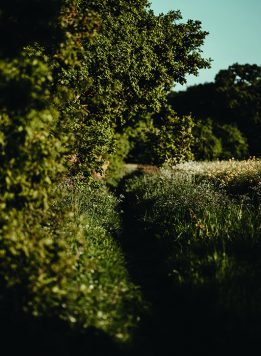
An extract from John Craven’s new book
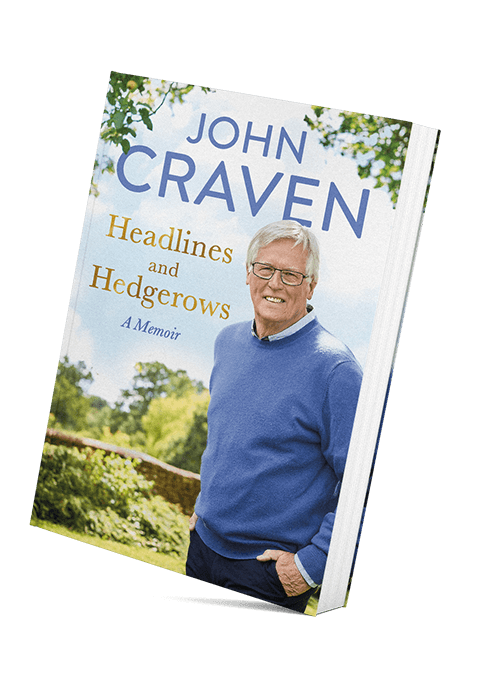
Headlines and Hedgerows is published by Michael Joseph
We have all heard that well-known piece of advice first coined by W.C. Fields: “Never work with animals or children.” Well, I’ve done both throughout my career (in fact, I couldn’t have succeeded without them!) so in my case at least that old adage is totally wrong.
I suppose one reason for my longevity is that I have never been very ambitious. I have not sought the headlines, never seriously courted celebrity nor been tempted to take chances on high-profile but potentially risky and short-lived programmes – apart from one, and that was Newsround, which was a six-week experiment in 1972. Thankfully it is still going strong so, as it turned out, it was not much of a gamble and a recent poll in Radio Times placed Newsround at number three in a list of the top 20 children’s programmes of all time.
And Countryfile is often in the top 20 of most-watched shows. During my 30 years there I’ve seen rural issues ranging from social isolation and deprivation to the way our food is produced climb higher and higher up the national agenda. That our audience is split pretty evenly between country dwellers and townies proves to me that, united as a nation in this at least, we want to preserve, protect and enjoy our glorious countryside…
For my Countryfile interview with Prime Minister David Cameron, we met for an hour at Cogges Manor Farm, a rural heritage centre in his Oxfordshire constituency. The cameras were set up around the kitchen table and before he arrived a lady who seemed to be in charge of his “image” wanted to know where he’d sit. She checked the angles and saw a large Welsh dresser in the background. “Could we move some of those plates and ornaments,” she said. “It’s too fussy.” It proved that politicians have learned to be careful what’s behind them on screen. An exit sign, for instance, would be the last thing they wanted.
When Mr Cameron came in, dressed casually in a jumper – this, after all, was Countryfile – he said “I was brought up on you, John!” I don’t feel particularly old but it’s alarming when the man leading the country says you were part of his childhood! We had a wide-ranging conversation and he had no idea of the questions beforehand. I challenged him on his plan to make his administration the greenest government ever (which didn’t really happen) and overdevelopment threats to the landscape. “I care deeply about our countryside and environment,” he told me earnestly. “I’d no more put them at risk than I would my own family.”
Today, I wonder what he’d make of the report by the Campaign to Protect Rural England revealing 15,500 new houses have been approved in areas of outstanding natural beauty in the years since. We also talked of his plans for a free vote in Parliament on bringing back hunting with hounds (which never happened) and persuading all other EU countries to enforce farm animal welfare laws as diligently as the UK (still waiting for that). I was impressed by his detailed knowledge of rural issues, even when pressed for details. A few months later at a Downing Street lunch for people involved in all aspects of the countryside, he smiled and said he hadn’t expected to be grilled by “a rural Jeremy Paxman.”



